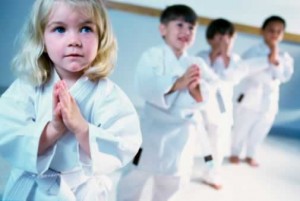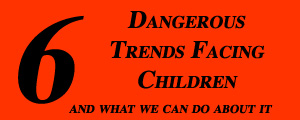 When it comes to integrity the most important thing you can do for yourself is to be yourself — 100% yourself. If you are a young person should you change your favorite color, food or activity – just because someone else has a different favorite color, food or activity? Of course not. You have to be you!
When it comes to integrity the most important thing you can do for yourself is to be yourself — 100% yourself. If you are a young person should you change your favorite color, food or activity – just because someone else has a different favorite color, food or activity? Of course not. You have to be you!
Sometimes though we may feel timid or afraid to be ourselves as we try to fit in with the group that we are with. All of us like the idea of being accepted by others, but doing so at the cost of not being who we are can make us feel bad about ourselves. When we are true to ourselves we are showing integrity, and we have confidence in who and what we are.
Changing who we are to fit in with others may not allow us to enjoy the things that we are really good at and we may not be as happy with our choices in the long term. I often think about children who choose to go into an activity or a teen that applies to certain colleges, because that is what is expected of them and not because it is what they enjoy doing.
When we are true to ourselves, our friendships and relationships will be very honest. Eleanor Roosevelt said, “People grow through experience if they meet life honestly and courageously.” This is how character is built. Having the courage to be 100% authentic is how you build great character in yourself and great relationships with others.



